Enter a surname, town name or other keyword to search the database. Remember to
allow for the different spellings of 'Mc' and 'Mac.' Good luck!
{Search tips: Use single word search terms for more results}
You must enter some valid character(s) into the search field
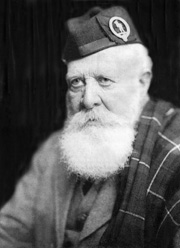
Reference: H-0258
Osgood Hanbury Mackenzie (1842...
|
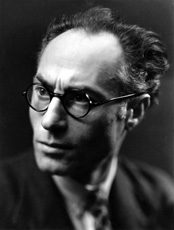
Reference: H-0248
Benno Schotz (1891-1984) was b...
|
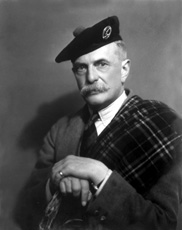
Reference: H-0247
Sir Donald Walter Cameron of L...
|
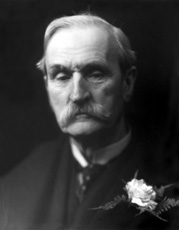
Reference: H-0246
Sir Daniel Macauley Stevenson ...
|
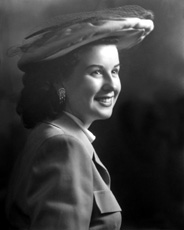
Reference: H-0245
Jane Morrison was born in Loch...
|
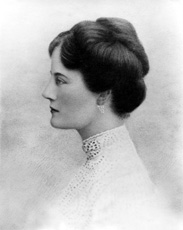
Reference: H-0244
Clementine Ogilvy Hozier (1885...
|
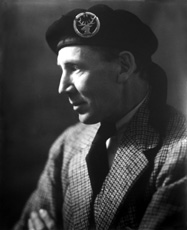
Reference: H-0243
Keith Henderson (1883-1982) wa...
|
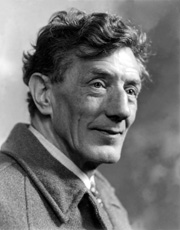
Reference: H-0242
Joe Corrie (1894-1968) was a S...
|
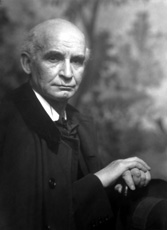
Reference: H-0241
Stewart Carmichael (1867-1950)...
|
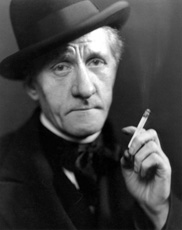
Reference: H-0240
Frederick Charles Hannen Swaff...
|
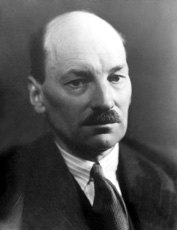
Reference: H-0239
Clement Richard Attlee (1883-1...
|
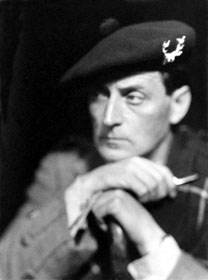
Reference: H-0238b
Sir Compton Mackenzie, (1883-1...
|